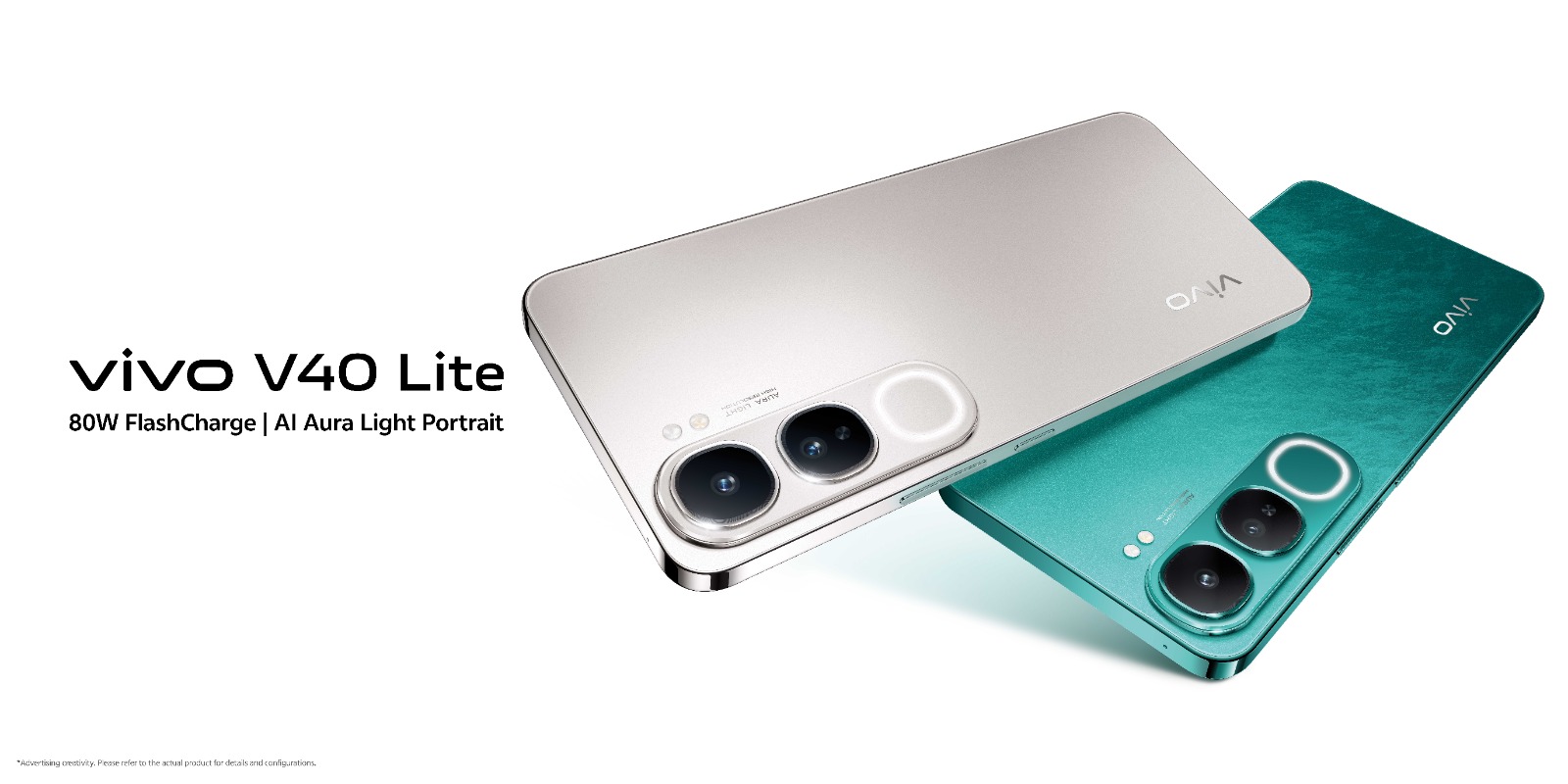How to leverage AI and Digital Technology in Healthcare

Telehealth, telemedicine medical service and online health care concept with doctor working on digital tablet, computer internet technology examing and analyzing patient health in hospital
By Collin Musonye, Director, Software Engineering M-TIBA
1. The opportunity AI brings and how it can be embraced
The field of AI as an emerging technology offers the healthcare space a unique advantage to make the complex simplified. With AI we can build adaptable and scalable models that simplify interactions between patients, healthcare providers and insurers easing communication and information flow.
Currently, the healthcare ecosystem is engulfed in a vicious cycle, access to care is limited, insurance penetration is significantly lower, and individuals are not empowered to access protection against the uncertainties of future health outcomes.
AI and digital technologies enable us to automate functions in health like insurance claims automation and administration, a key factor that significantly makes healthcare and insurance costs higher. Additionally, with AI based fraud detection, fraudulent claims can be evaluated and flagged before they are paid. This helps reduce costs for insurance providers and consumers.
Enhancing efficiency in healthcare with digital technology, brings the cost of administering care down,thereby making healthcare affordable and accessible to more people. AI augmenting by doctors for easier and more accurate diagnostics, chatbots that power telemedicine are some examples of AI being deployed effectively to bring the cost of administering care down.
2. The challenges it may pause in the healthcare sector
AI and digital technology rely on complex data flows and analysis. All players in the healthcare space need to put forth mechanisms to ensure data protection and privacy for personal identifiable and sensitive information in their databases, especially patient data. Without sufficient data models because of these data protection and privacy requirements, it may be difficult to accurately train AI models for even more accurate outcomes. In the event AI doesn’t adhere to these same requirements then there’s potential for disclosure of sensitive health data or insights which can have adverse consequences.
3. How MTIBA is leveraging on tech and AI to enable access to Healthcare
Healthcare providers and insurers are frequently faced with insurance fraud. With scalable AI models, we are able to detect and flag even the smallest instances of fraud at a moment’s notice.
M-TIBA’s claims automation capabilities facilitate and complement processing of thousands of claims on a daily basis, consequently, healthcare providers no longer have to wait for the traditional over 6 months to have their claims settled, indicative of the efficiencies and impact technology has in the healthcare space.
Identifying and stopping the payment of fraudulent claims as quickly and effectively as possible will go a long way in the reduction of client premium costs which benefits an insurance company’s bottom line as well as its performance. AI has the potential to change this situation.
We are continuously leveraging technology to give our consumers more personalised and simplified experiences. Embracing AI gives us the opportunity to automate and even simplify our customers’ journeys and interactions with our products and services, simplifying an industry that is traditionally complex.
For us at M-TIBA, our technology relies on a personalised mobile first experience for our participants. With a simple USSD dial, everyday, thousands of Kenyans are able to initiate treatments at healthcare providers, get personalised insights of their health spend, save for future healthcare expenses and get access to affordable health insurance programs for themselves and their loved ones, all this built on technology that allows seamless data interchange between the various stakeholders in a matter of seconds.
We are dedicated to revolutionising healthcare with technology. Programs like Cash Advance in partnership with the Medical Credit Fund, which have been built on these technologies, are able to provide financing to private healthcare providers digitally, with automatic and realtime processing, repayments and management of short and long term loans.
We envision and work towards a healthcare system that is integrated, coordinated, and focused on the patient, rather than one that is fragmented and outdated.
4. The future of AI in healthcare
Artificial intelligence offers us an opportunity to build scalable and adaptable models that meet our ever changing consumer needs.
Patients need to access care whenever they need it, at a cost they can afford. Healthcare providers need to be operationally efficient to be able to administer quality care to their patients while insurers need to have systems that enable enhanced service delivery and claims settlement to their customers.
Leveraging technology to build end to end platforms and systems that put individuals at the centre enables us to generate trust among users and offer full transparency. We have a unique opportunity to build on the progress we have made in enabling healthcare to be truly transparent, affordable and accessible to millions of people.





